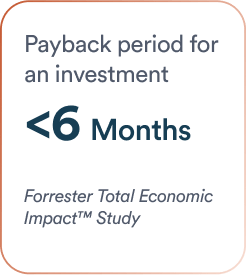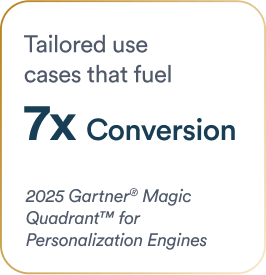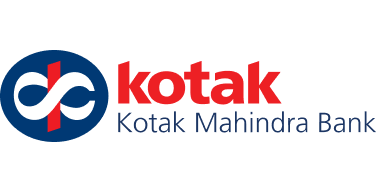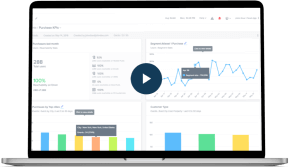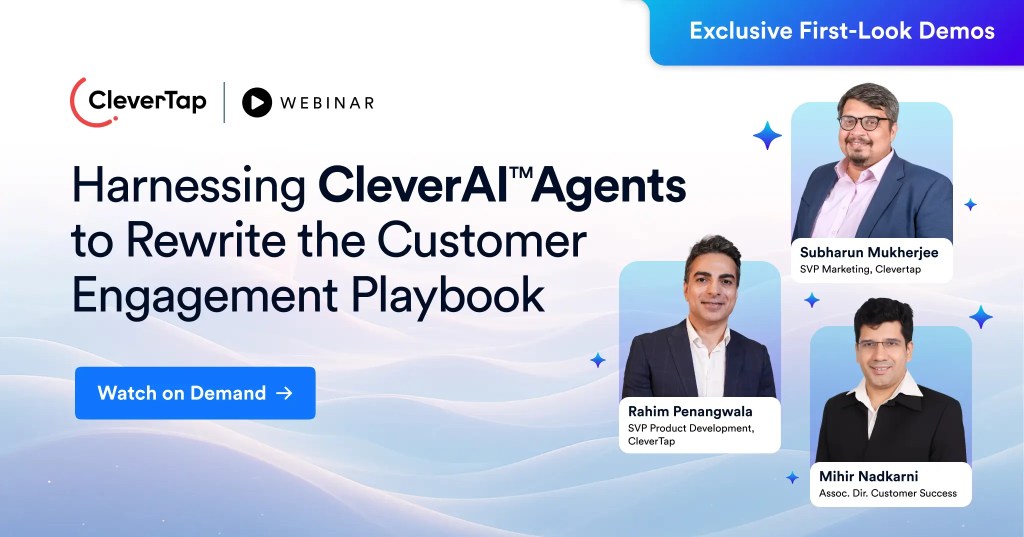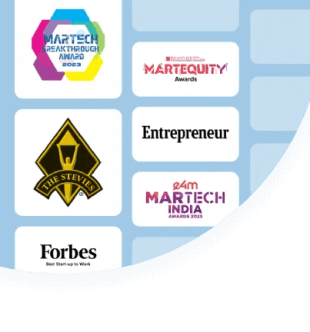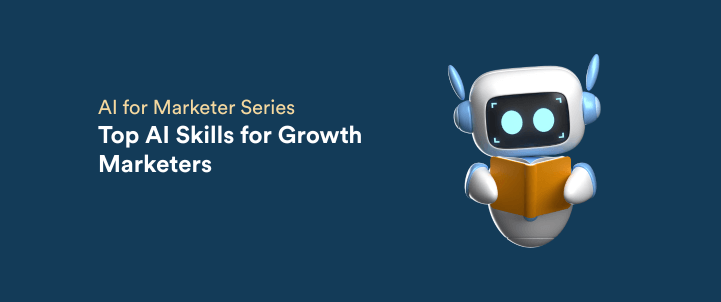The great AI shift in marketing is already underway. What once required teams of analysts poring over funnels, designers crafting endless variations, and managers orchestrating campaigns can now be accelerated by AI. But the real advantage lies with marketers who know how to blend human strategy with machine intelligence.
Success will soon depend not on whether you use AI, but on whether you have the skills to guide it, and to fill the spaces only humans can. Here are essential skills to make you an AI-ready growth marketer.
1. Prompt Engineering: The New Marketing Language
Every conversation with AI begins with a prompt. You can’t create what you can’t articulate.
A strong prompt combines five elements: role assignment (who the AI should “be”), context (business, audience, or campaign background), task (the action or insight you need from the AI), format (the type of output you want), and examples (models/references of the desired output).
Beyond crafting prompts on the fly, forward-thinking marketers customize LLMs with preconfigured instructions, creating bespoke agents that consistently deliver on-brand outputs. Prompt libraries, whether off the shelf or built in-house, must be iterated on with the latest data to produce sharper outcomes over time
Coupled with custom GPTs, marketers can accelerate the ability to scale quality, and reach on-brand and desired output quickly and precisely. This makes prompt engineering not just a skill, but a core operational capability.
2. Research and Discovery with AI
Speed and depth of research are now the critical metrics. Traditional research cycles are too slow for modern growth. Instead of endlessly clicking through search results, tools like Perplexity can accumulate and summarize emerging topics across the web including videos, online forums, and review platforms like G2, delivering precise yet comprehensive answers. With a strong predictive engine, these tools act like research assistants, surfacing eerily relevant follow-up questions that push your thinking further.
The real skill lies in knowing what to look for. The more articulate you are in framing prompts and feeding AI tools the right data, the more powerful your output. Growth marketers can spot trends early, scan social media for competitor intelligence, and even experiment with content creation in hours, not weeks
3. Data Literacy
AI is only as good as the data it sees. Growth marketers must become curators of high-quality inputs, organizing data across attribution platforms, CRM systems, and product analytics tools. That means cleaning records, unifying user IDs, and structuring datasets around customer journeys rather than isolated events.
What would help is to understand data architecture, data types (funnel data, activity data, expense related data, campaign data) and contextualise it for the AI tools.
Data literacy ensures that AI tools don’t just deliver answers,it delivers insights you can trust.
4. AI-Augmented Analytics
AI systems don’t just crunch numbers; it reshapes how marketers interpret them. The risk is using it as a mirror, only confirming what you already expect. The real skill is using AI as a challenger: running alternative scenarios, stress-testing assumptions, and surfacing blind spots.
Gone are the days of spending hours on multiple excel sheets and dashboards. With the help of AI tools, even non-technical team members can dig deep into the numbers with the right prompts. The key lies in asking smart and articulate queries, testing hypotheses, and iterating queries to extract maximum value. This will become the new norm for growth-focused teams.
5. Automation and Orchestration
AI tools are powerful on their own, but its real potential emerges when it connects multiple and diverse tools and workflows. Today, marketers can orchestrate entire campaigns where AI agents and operators coordinate across multiple tools, managing and executing tasks in minutes that once demanded hours of human effort from entire teams.
The true skill lies in designing the blueprint: mapping flows and processes, setting guardrails, and constant testing to ensure outcomes align with brand goals. Growth marketers who embrace orchestration shift from operators to architects, scaling bandwidth without sacrificing control or quality.
6. Human-AI Collaborative Workflows and Content Creation
The most effective growth teams design workflows where AI handles the heavy lifting while humans focus on strategy and creativity. AI can clean CRM data, segment audiences, and even draft campaign copy, while marketers refine, set guardrails, and make implementation decisions. The same approach applies to content creation. AI can generate drafts, captions, and videos in seconds, but the quality depends on the marketer’s vision.
The real value comes from treating AI as a collaborator. It can brainstorm ideas, suggest variations, and accelerate production, while the marketer shapes tone, strategy, and brand voice. For example, AI can repurpose a 45-minute webinar into dozens of short posts and clips, each optimized for different platforms. Or in a go-to-market campaign, one AI agent can pull competitor data, another draft messaging, and a third proposed sequencing. The marketer reviews, adjusts, and approves.
This division of labor ensures AI amplifies capacity without diluting human creativity. When marketers adopt this mindset, they don’t fear AI replacing their work; instead, they position themselves as orchestrators of intelligent systems, fully prepared for the future of growth.
7. Privacy and Governance
With AI embedded in marketing workflows, questions of trust and compliance are front and center. Customers want transparency in how their data is used, and regulators are raising the bar for accountability. Marketers who treat governance as a skill will win long-term loyalty.
That means understanding where AI systems store data, ensuring outputs meet ethical standards, and embedding oversight into every campaign. Far from slowing innovation, these guardrails enable it—creating confidence inside organizations and with customers. In 2026, AI governance will be as core a marketing skill as campaign strategy itself.
Final Thoughts
AI is now the foundation of modern marketing, but it’s not enough to simply adopt tools. The skills that matter are the ones that make AI strategic: engineering prompts that shape output, researching at speed, questioning data, orchestrating automation, and collaborating creatively. These capabilities turn marketers into architects of growth, blending machine intelligence with human judgment.
The future won’t belong to those who automate the fastest. It will belong to those who orchestrate AI with vision, trust, and imagination.
Agnishwar Banerjee 
Leads content and digital marketing.Expert in SaaS sales, marketing and GTM strategies.
Free Customer Engagement Guides
Join our newsletter for actionable tips and proven strategies to grow your business and engage your customers.



